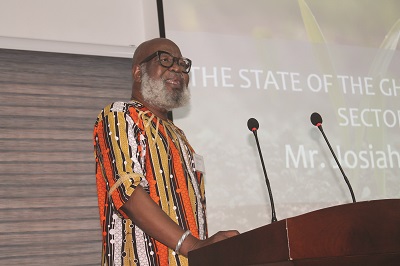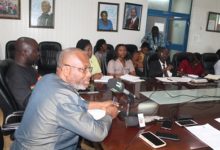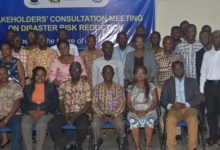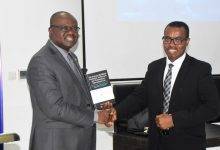
A two-day workshop to identify gaps and areas of overlap in the seed sector innovation chain is underway at the West Africa Centre for Crop Improvement (WACCI) at the University of Ghana, Legon, Accra.
The event, organised by the Borlaung Higher Education for Agricultural Research and Development (BHEARD) programme is also aimed at identifying opportunities for the private sector and researchers to effectively collaborate to tackle challenges within the seed sector.
Speaking at the event, an international seed consultant, Josiah Wobil, said 80 per cent of the seeds required for planting were presently sourced from the informal sector.
He explained that the informal sector largely catered for a large array of vegetative planting materials on which Africa was mostly dependent, while the formal sector was confined to the supply of seeds of mainly fancied crops of maize, rice and soya beans.
Mr Wobil said it would be detrimental for the growth of the seed sector in Africa, if the informal sector, which touches the lives of many farmers, was neglected.
He said if the informal sector was neglected, millions of farmers would be denied of the modern crop improvement strategies that would be developed and applied only in the limited coverage that was attributable to the formal sector.
The consultant said some of the challenges confronting the Ghana seed sector were fragmented, underdeveloped private sector, weak and underdeveloped seed marketing and lack of balance and linkage within the seed value chain.
Additionally, he said shortfalls in trained human resource, inadequate support to plant genetic resources, absence of national seed security plan, over concentration on few seed types and sidelining of the informal seed sector were some of the problems confronting the Ghana seed sector.
Mr Wobil urged stakeholders in the seed sector to ensure that the national seed policy and plan, which was promulgated in January this year at the seed sector support workshop, were implemented to enhance plant breeding and breeder seed production.
He called for the development of genuine seed demand to sustain government’s planting for Food and Jobs policy, while injecting order in the seed value chain.
The Director of BHEARD, John William Medendrop, said the BHEARD programme had trained 38 scientists at the PhD and Masters level in various agricultural levels.
Currently, he said 16 students were being trained at Kwame Nkrumah University of Science and Technology to become seed scientists at the Masters level in order to support the Ghana seed sector.
BY JEMIMA ESINAM KUATSINU






